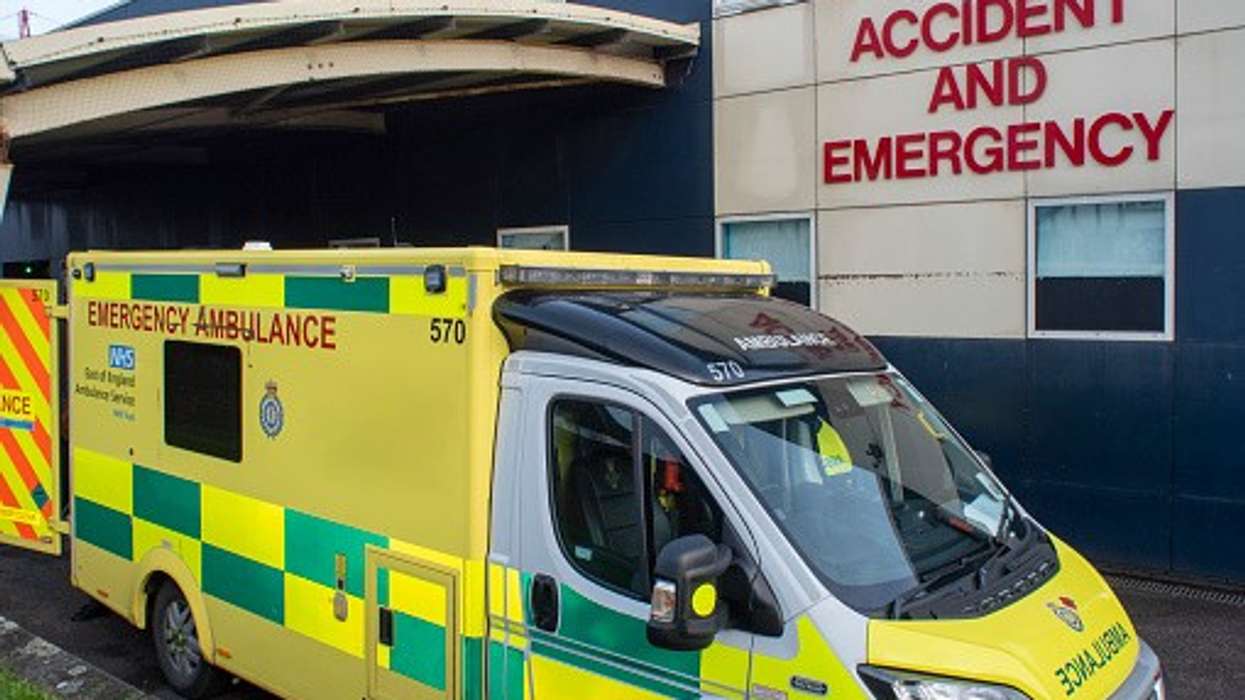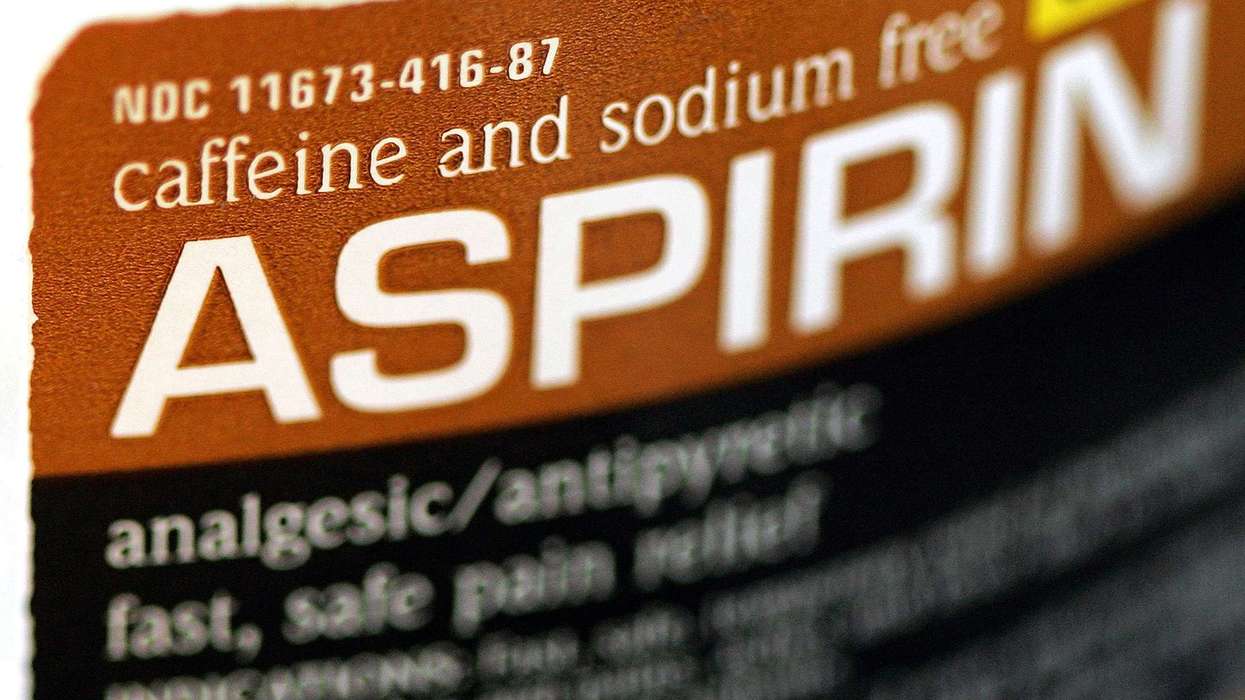Key Summary
- ABPI says inequalities and gaps in patient care highlighted by Dr Penny Dash in her review should be fixed
- ABPI medical director Dr Amit Aggarwal stressed on the need to use only those medicines and vaccines recommended by NICE and other regulators
The Association of the British Pharmaceutical Industry (ABPI) has said the concerns raised by Dr Penny Dash in her review of patient safety need to be addressed.
ABPI medical director Dr Amit Aggarwal said, “This report shows how inconsistent access to proven, cost-effective medicines and vaccines contributes to poor patient outcomes. It lays bare why fixing these inequalities and gaps in care provision must be central to efforts to improve patient safety."
He felt that using medicines and vaccines according to the recommendations set out by the National Institute for Health and Care Excellence (NICE) and other regulators is central to addressing these issues.
Aggarwal also stressed the importance of strong advocates for patients' safety.
"The Patient Safety Commissioner has done a great job, and this must not be lost when their functions are incorporated into the MHRA and Department of Health,” he added.
Dash's report, ‘Review of patient safety across the health and care landscape’, found that effective care must meet clear, evidence-based standards and reach all the people who need it.
Care that fails to meet these standards results in avoidable harm and should not be acceptable.
It pointed out that 99.8 percent of cervical cancer cases are preventable through HPV vaccination, but its uptake is poor in deprived areas.
Around 4.4 million people have diabetes, but less than two-thirds receive recognised best-practice care.
In the worst-performing GP practice, this figure was under 2 per cent.
The review also highlighted similar stark inequalities in the treatment of people suffering from cardiovascular disease and kidney ailments.
There are over 6.4 million people living with cardiovascular disease (CVD) in England, contributing to over 140,000 deaths per year.
An estimated 30 percent of adults have high blood pressure, and most are not receiving effective treatment.
Around 50 percent of heart attacks and strokes are associated with high blood pressure.
There are 2.7 million people living with chronic kidney disease in England, contributing to an associated 40,000 to 45,000 premature deaths per year.
Of these, 21 per cent remain undiagnosed and 27 per cent of patients with chronic kidney disease at stages 3 to 5 are not optimally treated.
This led to 29,580 patients being put on dialysis and over 3,000 patients receiving a kidney transplant in 2021, it stated.












